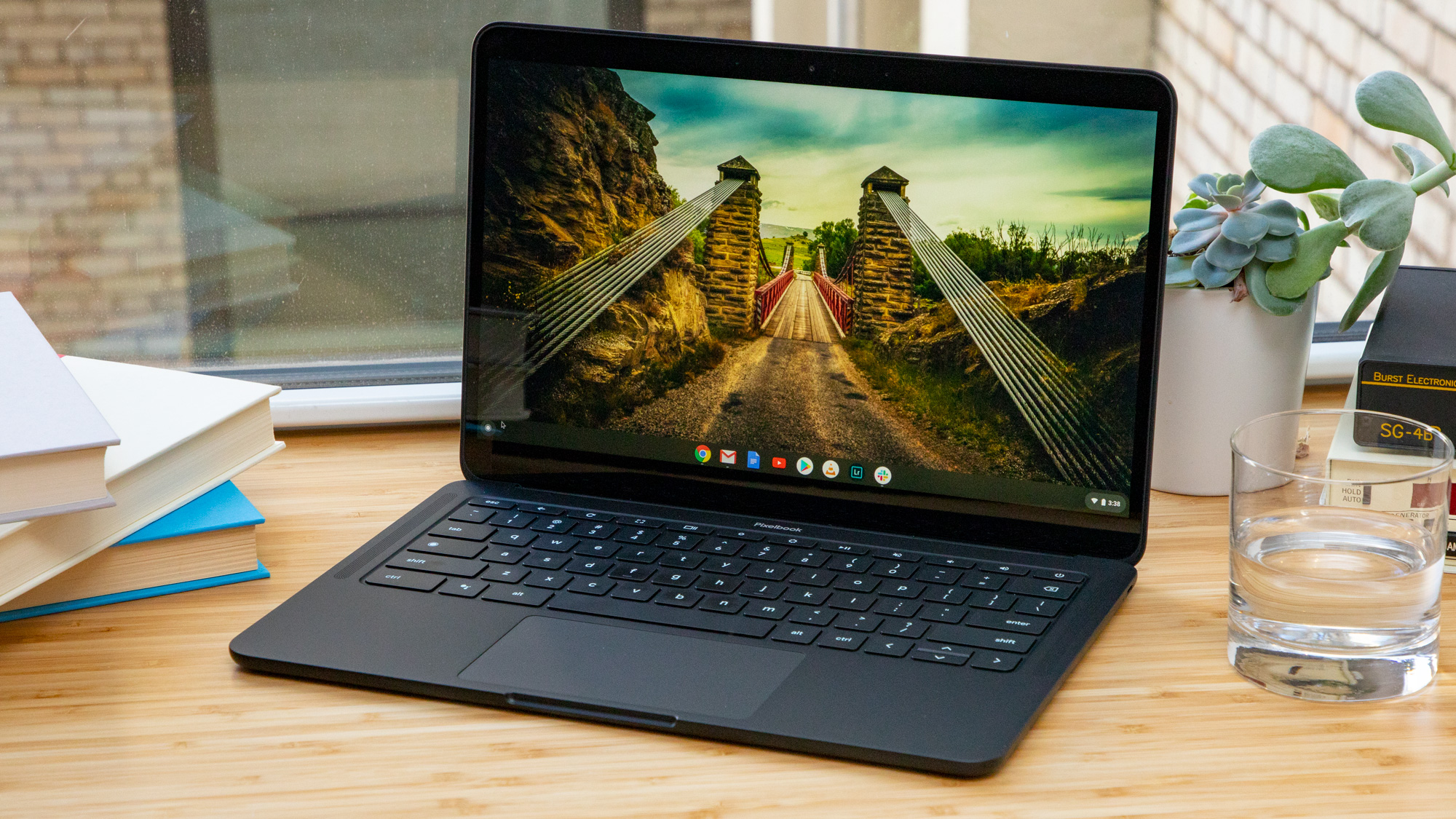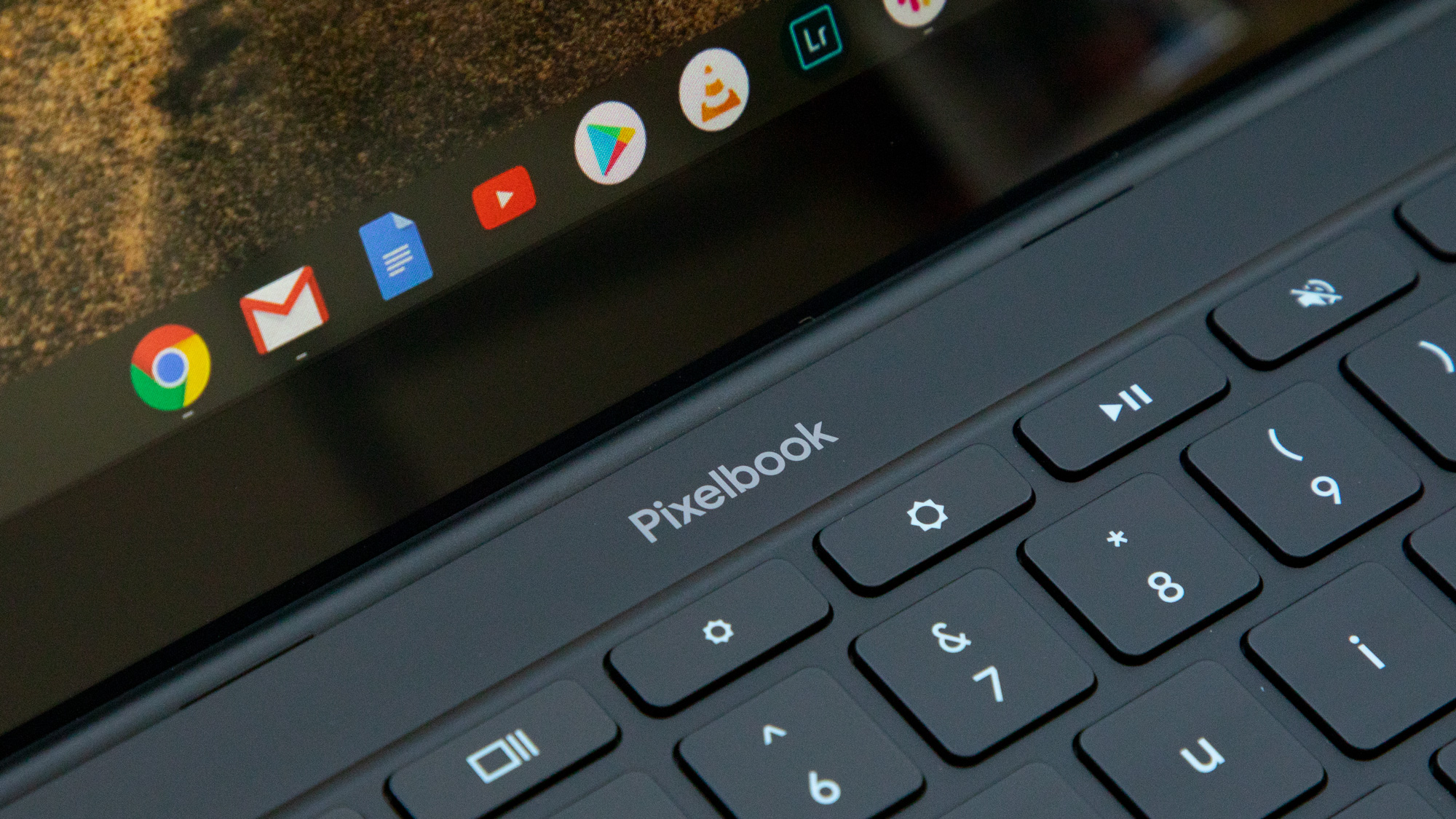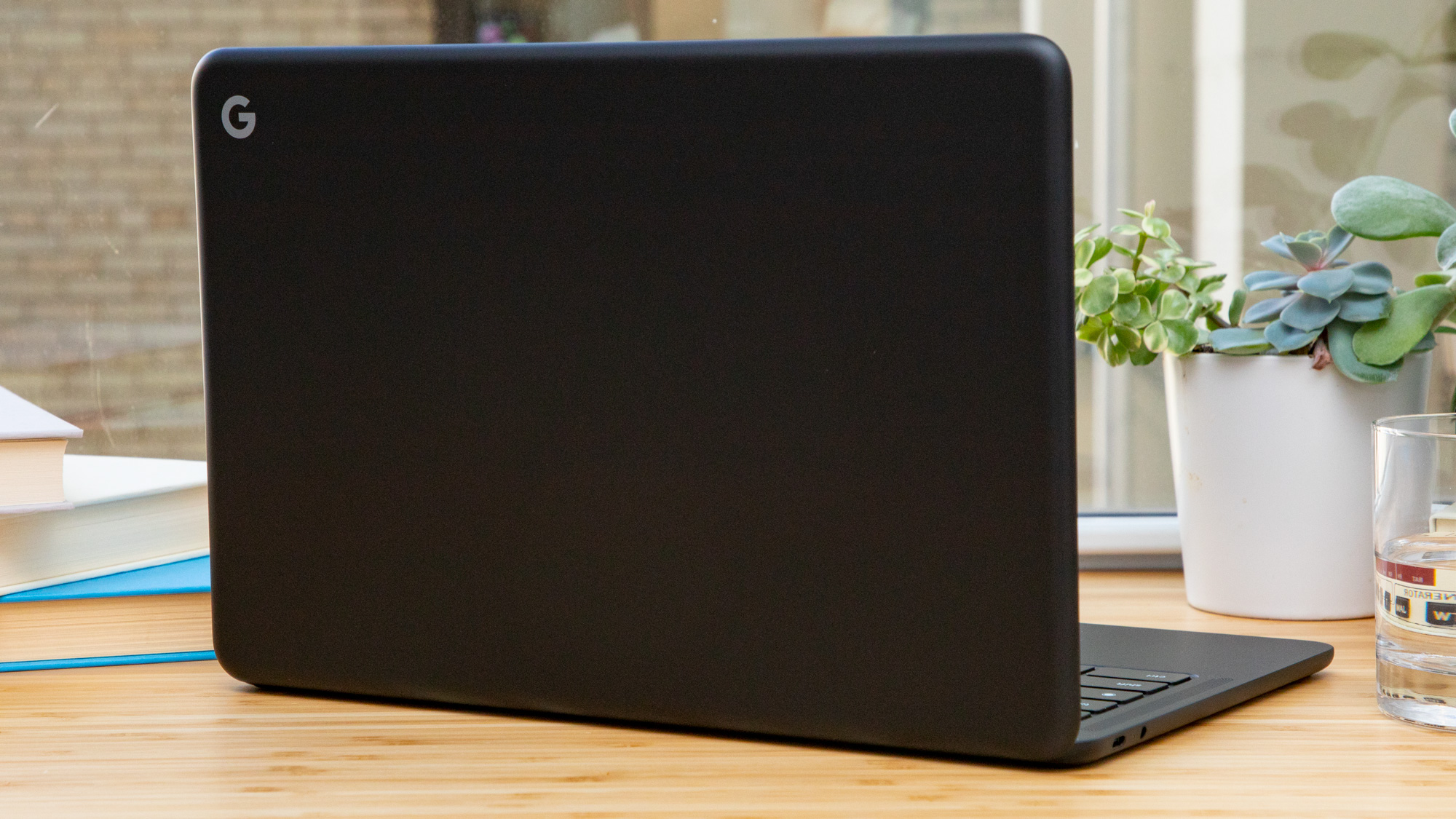Google quietly made one of the best laptops ever, and I want to see a follow-up at IO 2022
Opinion: Screw Chrome and Pixel – Google should announce a new Pixelbook at IO 2022

When you think of the companies pumping out the best laptops, you probably think of Apple, Dell, HP and maybe even Microsoft. However, one of my favorite laptops of recent years actually came from Google – the Pixelbook Go.
This may come as a surprise to some people, as the company didn’t exactly shout about it at the time. While Google seems keener to push its software, such as Chrome and Android, or its Pixel range of smartphones, it was relatively subdued when it came to its Pixelbook range, which is a real shame.
While the first Pixelbook was a bit of a strange experiment – a high-end, expensive Chromebook that nobody wanted, so nobody bought it, the Pixelbook Go was a delight. It had decent specs for a Chromebook, which meant it was nice and fast, while being a lot more affordable than the original (and quite a bit cheaper than MacBooks or Ultrabooks).
It had one of the best keyboards on a laptop as well, which made typing on it a real joy. Best of all, its battery kicked ass, easily outlasting more expensive laptops, and you could close it and leave it for a few days, and it would still have plenty of battery life, something Windows laptops just couldn’t compete with.
It’s why even when I had access to more expensive laptops from more renowned manufacturers, I still returned to my trusty Pixelbook Go. I’d also bore people by telling them to get one, rather than splashing out on a Dell XPS 13.
But no one seemed to care. Not even Google, it seems.

What went wrong?
I have a feeling that despite being the best Chromebook ever made, the fact that it was a Chromebook worked against it. Especially when it launched back in 2019, Chromebooks were viewed as limited devices that were usually budget affairs. Devices for kids and students, essentially.
Sign up for breaking news, reviews, opinion, top tech deals, and more.
This could have led to some people discounting the Pixelbook Go, which is a real shame. Chromebooks have come a long way since they first appeared, and you can run a huge range of apps on them – including Linux and Android apps.
While they won’t replace a gaming laptop (though I did play Cyberpunk 2077 with ray tracing on the Pixelbook Go thanks to Nvidia’s GeForce Now streaming service), they are great for day-to-day workloads, and the Pixelbook Go came with a stylish look and build quality that you don’t usually find with Chromebooks.
Another issue was that Google didn’t really shout about the Pixelbook Go, and seemed to view it as more of a template device for other manufacturers to copy. Worse, even three years after the Pixelbook Go was launched, there’s been no word about a successor. Any momentum the Pixelbook line may have had has effectively been wasted.

Give me what we want!
I’d love to see a new Pixelbook, and while there’s no hint that Google is planning on launching one (and even went as far as to tell me last year that they had no immediate plans for a new model), I would absolutely love to see one soon.
Google IO, the search giant’s big conference, runs May 11 to May 12, and this could be a great time to announce a Pixelbook Go 2. It likely won’t, and will just be a rather boring rundown of Chrome and Pixel smartphones, but I can hope. Google needs to realize that it made one of the best laptops ever a few years ago, and prove to us that it wasn’t just a fluke.
I’d love to be pleasantly surprised during Google IO by the appearance of a new laptop. Who knows, maybe I will.

Matt is TechRadar's Managing Editor for Core Tech, looking after computing and mobile technology. Having written for a number of publications such as PC Plus, PC Format, T3 and Linux Format, there's no aspect of technology that Matt isn't passionate about, especially computing and PC gaming. He’s personally reviewed and used most of the laptops in our best laptops guide - and since joining TechRadar in 2014, he's reviewed over 250 laptops and computing accessories personally.